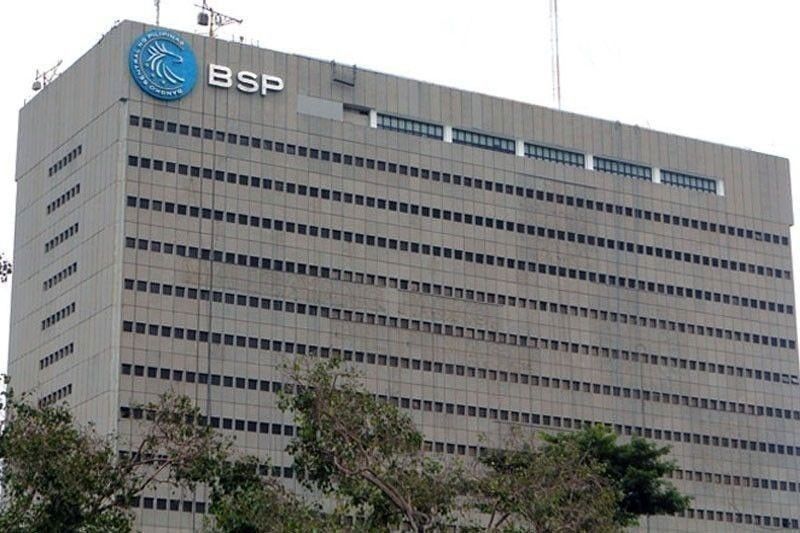After pause, 125-bps rate cuts seen in 2024

MANILA, Philippines — Nomura Global Markets Research of Japan expects the Bangko Sentral ng Pilipinas (BSP) to reverse to an easing cycle by cutting key policy rates by a cumulative 125 basis points (bps) next year.
In a report titled “Philippines: Two Sides of the Same Coin,” Nomura ASEAN economist Euben Paracuelles and analyst Rangga Cipta said the central bank’s Monetary Board would start slashing interest rates next year after a prudent pause this year.
After hiking rates by a cumulative 425 basis points in a year-long tightening cycle that started in May last year to tame inflation and stabilize the peso, the BSP decided to take a prudent pause by keeping rates on hold last May 18.
The aggressive tightening brought the overnight reverse repurchase rate to a 16-year high of 6.25 percent from an all-time low of two percent during the height of the COVID-19 pandemic.
Paracuelles and Cipta said the BSP is likely to follow the lead of the US Federal Reserve to maintain a healthy interest rate differential of at least 100 basis points.
“We believe this pause marks the end of BSP’s hiking cycle, as we expect headline inflation to return to BSP’s two to four percent target by September. Beyond this, we still believe BSP will only start cutting its policy rate in March 2024, when our US economics team also expects the Fed to start easing; we forecast a total of 125 bps of cuts,” they added.
Nomura slashed its inflation forecast to 5.3 percent from 5.8 percent for this year before further easing to 3.1 percent next year amid the inflation downtrend.
Inflation averaged 7.5 percent in the first five months of the year, way above the BSP’s two to four percent target range, despite easing to a 12-month low of 6.1 percent in May from 6.6 percent in April. However, Nomura said core inflation remained sticky, falling more marginally to 7.7 percent from 7.9 percent.
The Japanese bank also cited the decision of the BSP’s Monetary Board to bring down the reserve requirement ratio of big banks to single-digit levels by the end of the month.
As promised, the regulator slashed the RRR for universal and commercial banks as well as non-bank financial institutions with quasi-banking functions (NBQBs) by 250 bps to 9.5 percent from the current level of 12 percent.
The RRR for digital banks has also been reduced by 200 bps, bringing it down from eight percent to six percent. Similarly, the mandatory deposit level for mid-sized or thrift banks with the BSP has been lowered by 100 bps, now standing at two percent instead of three percent.
Furthermore, the RRR for small banks or rural and cooperative banks has been reduced by 100 bps to one percent from two percent.
The reduction in reserve ratios is intended to coincide with the expiration of alternative modes of compliance with reserve requirements involving loans to micro, small, and medium enterprises (MSMEs) by end June this year, thereby ensuring stable domestic liquidity and credit conditions.
“As BSP signaled earlier, the RRR cut is aimed at offsetting the impact of the expiry of a pandemic rule that allowed banks to use SME loans to comply with the RRR, leaving the liquidity impact neutral,” Paracuelles and Cipta said.
- Latest
- Trending


























